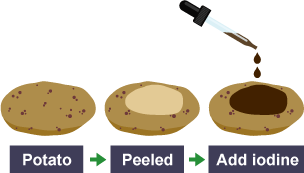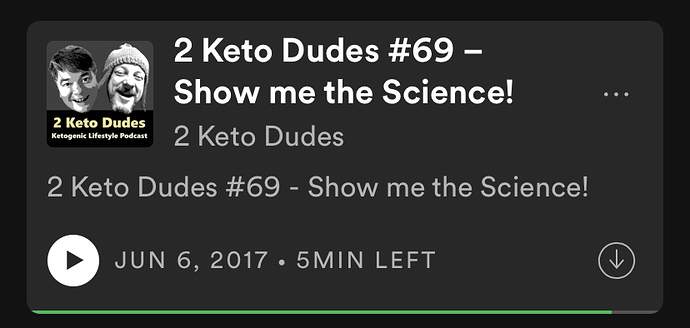My question to the simple experiment below is why is the iodine turning black/blue when it hits the starch but not the glucose?
I wonder if this explains how iodine from the thyroid and other parts of the body react with glucose, starch (or resistant starches?) cancer cells and the lactate cycle being converted back into glucose or something like that therein when factoring in the Warburg effect and anaerobic/aerobic respiration and fermentation of fermentable sugars?
Is the color being created by the iodine and starch and what ever molecules are creating that color a factor in cancers survival?
Cancer is sitting around in the body and saying “…not enough iodine to kill me so I think I will stick around and eat whatever?..”
When the iodine hits the glucose nothing happens, but when the iodine hits the starch BOOM chain reaction and then apoptosis cancer cell death?
It is actually more complex than that but just trying to keep it simple with analogies!
Carbohydrates
Plants make compounds called carbohydrates which have a wide variety of uses including foods and fuels. All carbohydrates contain the elements carbon, hydrogen and oxygen. Two of the most common carbohydrates are glucose and starch.
Glucose (C6H12O6) is a simple sugar unit. From the formula, you can see that it contains twice as many hydrogen atoms as carbon atoms. Starch is a much larger, more complicated molecule. Plants produce glucose during the process of photosynthesis and convert it into starch to store energy. Starch is made by joining together many glucose units.
Distinguishing glucose from starch
A test to distinguish starch from glucose is to shine a beam of light through ‘solutions’ of each.
This is also called the Tyndall Beam Effect. Dispersal only happens in starch as the large starch molecules are big enough to affect the light. This is a physical test.
A chemical test for starch is to add iodine solution (yellow/brown) and look for a colour change. In the presence of starch, iodine turns a blue/black colour. It is possible to distinguish starch from glucose (and other carbohydrates) using this iodine solution test. For example, if iodine is added to a peeled potato then it will turn black. …” 
Digestion of carbohydrates
During digestion starch is broken down into glucose. Glucose is small enough to pass through the gut wall but starch cannot. This is done in the body using enzymes (biological catalysts) which work best at body temperature. The glucose molecules can then be transported around the body in the blood stream so that they can be used for the process of respiration. …” …More



 !
!